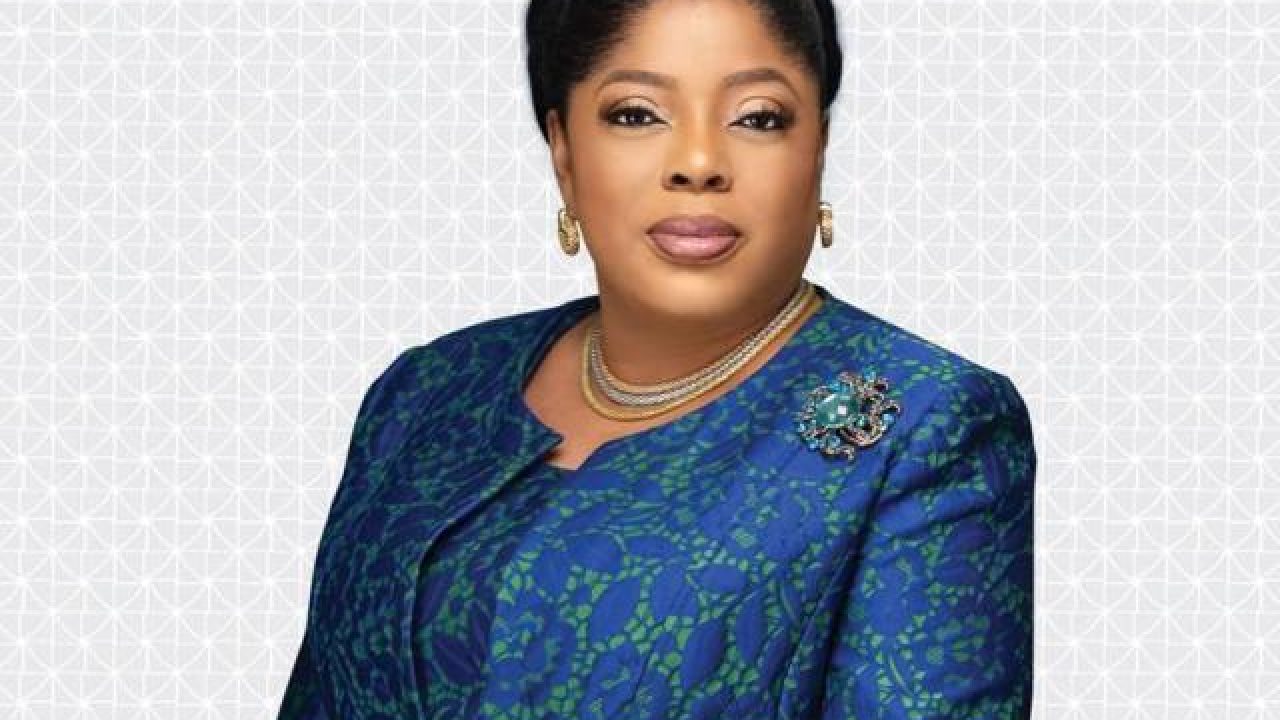Fidelity Bank has urged Nigerians in the diaspora to invest in fixed income securities and capital markets. Richard Madiebo, acting chief digit
Madiebo also nudged Nigerians in the diaspora to embrace other investment vehicles such as commercial papers, commodity markets, mutual funds, bank deposits, and the real estate sector.
“There are latent opportunities in Nigeria. There are areas we want to touch on and let all the Nigerians in diaspora go with it as food for thought,” he said.
“The first is on the fixed income market. A lot of investments that come into Nigeria is on the money market but we have also seen that there are opportunities for those living in the diaspora on federal government bonds, savings bonds. With this, you can invest as little as N5000, treasury bills and non-government bonds.
“The capital market, one of the best in the world, is one of the most hidden secrets in Nigeria. This is highly liquid. There are opportunities both in capital gains/capital appreciation and dividend payments.
“Nigeria is one of the most potentially best platforms for capital market investment.
“There are a lot of opportunities in the agro-allied space, there are lots of companies and capital available in the agriculture industry in Nigeria.”
Delivering her opening remark at the event, Nneka Onyeali-Ikpe, managing director and chief executive officer of Fidelity Bank, said diaspora remittances is the new oil of Nigeria.
Onyeali-Ikpe urged Nigerians in the diaspora to invest in urban and rural infrastructural renewal projects and private-public partnerships (PPPs).
